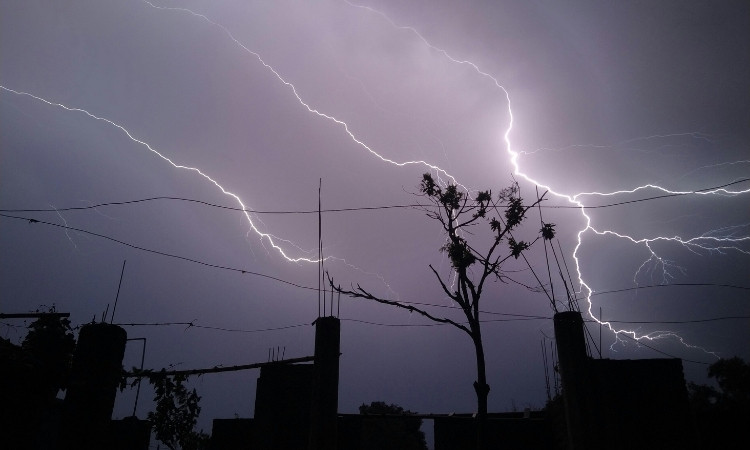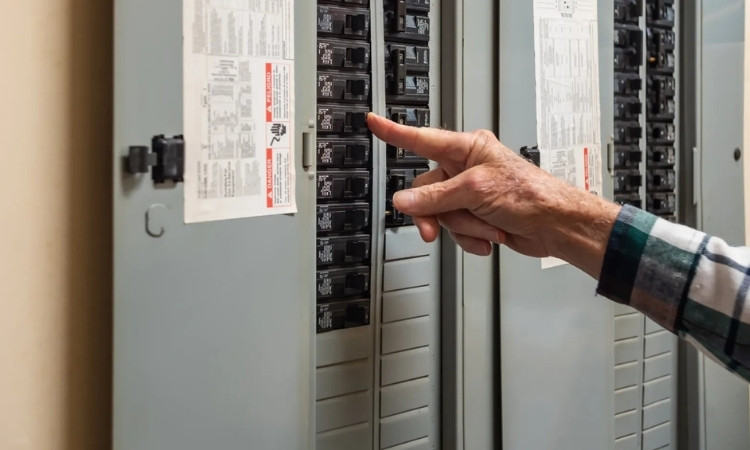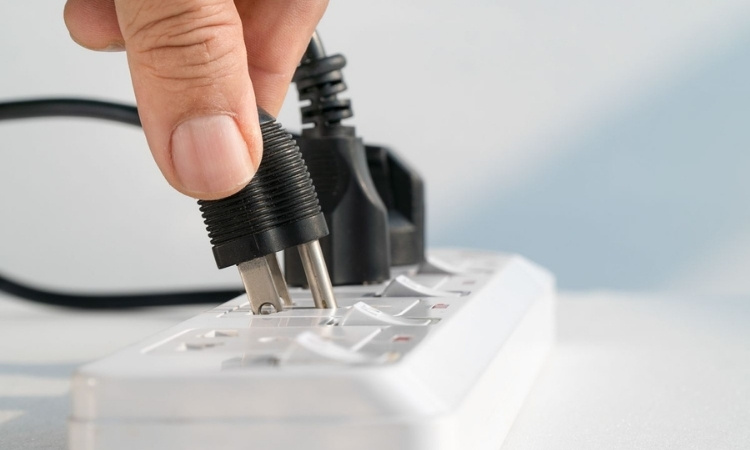You must protect your electronics during a storm in Singapore, which is very common in the country. Strong winds, heavy rain, lightning strikes, or water can cause power surges and damage. That could break your devices and also make them unsafe for you to use.
So, how to protect your electronics in a storm in Singapore? We’ll teach you how to do that so your electronics are safe and you don’t have to spend thousands of dollars replacing them. Also, LS Electrician Services Singapore explains the protection of your electronics during a storm in Singapore. LS Electrician offers house re-wiring, power socket installation, and lighting protection system services in Singapore.
How to Protect Your Electronics During a Storm in Singapore?
Electronics can get badly damaged by strong storms with heavy winds, lightning, and rain. Here are the steps to protect your electronics when there’s a storm in the country.
Unplug Electronics Before The Storm
The first thing that you have to do when you notice any storm is to unplug your electronics. This is a 1-minute thing that people often miss and end up damaging their expensive devices.
Even when you’re using surge protection, unplugging the devices adds an extra layer of safety and ensures no damage happens.
When you unplug the devices, the electricity doesn’t rush into your devices like TVs, computers, chargers, and so on. That keeps them safe from any sort of issues or damage, also keeping you safe.

Use Surge Protectors For Important Devices
Investing in a surge protector will help you keep your computers, TVs, mobiles, and other expensive devices safe.
They don’t let the electrical spikes that are common during storms do any damage to your devices.
There are many types of surge protectors, some of which are reliable and handy to use. So, choose one that offers extra features, safety, and is also durable, so you don’t have to spend on buying one every single month.
Keep Electronics Away From Windows And Doors
Are your devices near the windows and the doors? Immediately pick them up and keep them somewhere the water can’t reach.
During a storm, strong winds can blow water into your house through windows and doors, which could damage your electronics. Even a small drop of water can break the whole device.
For that reason, keep them in a closed room or any other place where the water can’t reach them, so they keep working fine.
Store Backup Devices And Data Safely
The storms sometimes cause sudden power cuts that could harm your data and then your devices as well.
To ensure that you’re not losing your private data, make sure you take a backup of it on an advanced memory card or a USB drive.
You can also use a cloud service to take the backup, as they’re safe even when your devices are damaged.
If you’re taking it on any other devices like phones or laptops, make sure you keep a charger or a power bank as well.
These two things will help you charge your device and access the data again when needed, even when electricity is off.

Avoid Using Electronics During Lightning Storms
When there’s lightning outside, it’s safer not to use your electronics. Lightning can cause sudden electric bursts that might mess up your devices or even shock you.
It’s best to just wait until the storm passes before plugging things in or turning them on. This simple habit keeps you safe and helps your gadgets last longer.
Check And Fix Home Wiring Regularly
If your home wiring is old or not working right, it can cause bigger problems during storms. Getting a professional to check it every now and then is a smart move.
Good wiring can stop power spikes and reduce fire risks. Fixing any issues early means you avoid costly repairs and protect your home and devices better.
Final Words
Protecting your electronics during a storm is crucial. The storm comes with heavy rains, strong winds, and lightning strikes that could cause power surges and damage to devices. How to protect your electronics during a storm in Singapore?
To protect your electronics during a storm in Singapore, unplug all devices before the rain starts, and use surge protectors for the ones you must keep on.
Move electronics away from windows to keep them safe from water, and store important files on the cloud or backup drives.
Avoid using electronics during lightning, and keep power banks ready in case the power goes out.
Check your home’s wiring often, and fix small issues early to avoid damage later. Stay ready each time it storms.
